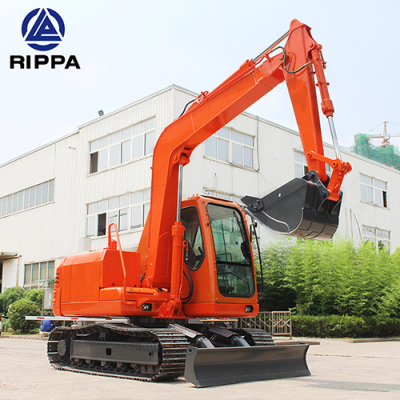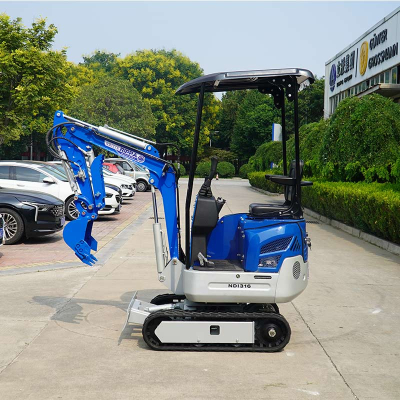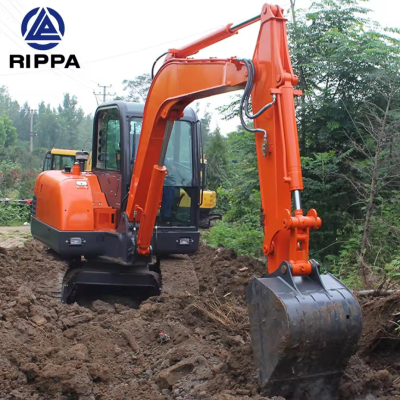Skid Steer vs. Track Loaders: Advantages and Disadvantages
If you are choosing between a wheeled skid steer loader and a track loader, you are facing one of the most common decisions in equipment purchasing. While both machines share similar functions and attachments, their performance differs depending on terrain, cost, and application. This comparison explains the advantages and disadvantages of each to help you make the best choice.
What Is a Skid Steer Loader?
A skid steer loader uses four wheels, offering strong maneuverability and fast movement on hard or paved surfaces. It is widely used in construction, landscaping, logistics, and industrial applications.
Advantages of Skid Steers
Faster travel speed
Lower upfront cost
Less expensive maintenance
Ideal for concrete, asphalt, and hard ground
Tires are easy to replace
Better maneuverability on tight job sites
Disadvantages of Skid Steers
Poor performance on mud, wet soil, and rough off-road conditions
Reduced flotation on soft terrain
More ground vibration
Skid steers are best when most work occurs on developed or firm ground.
What Is a Track Loader?
A track loader (compact track loader) uses rubber tracks instead of wheels, offering greater stability and ground pressure distribution.
Advantages of Track Loaders
Excellent grip and traction
Low ground pressure prevents sinking
Better performance on uneven terrain, mud, sand, or slopes
Reduced ground disturbance
Higher breakout force for heavy digging
Disadvantages of Track Loaders
Higher purchase cost
More expensive track replacement
Slower maximum travel speed
More maintenance in rocky environments
Track loaders are preferred for heavy outdoor work in unpredictable or soft environments.
Side-by-Side Comparison
Feature | skid steer loader | Track Loader |
Mobility | Fast, agile | Stable but slower |
Terrain | Best on hard surfaces | Best on mud, grass, slopes |
Cost | Lower purchase and operating cost | Higher cost and maintenance |
Ground Pressure | Higher, may skid or sink | Low, distributes weight |
Durability | Tires wear quickly on sites | Tracks wear on hard surfaces |
Ideal Use Cases | Urban job sites, logistics, paved areas | Construction, forestry, agriculture |
Which One Should You Choose?
Choose a skid steer if:
Your jobs are mostly on concrete, asphalt, or compacted ground
You need lower fuel and maintenance cost
Speed and maneuverability matter most
Choose a track loader if:
You work on uneven, muddy, or loose soil
You need maximum stability and traction
Heavy digging or lifting is common
Final Verdict
Both skid steers and track loaders are powerful machines, but the right choice depends on your terrain, budget, and business needs. For demanding outdoor ground conditions, a track loader is a strong investment. For urban and industrial work, a skid steer offers better value and faster productivity.



